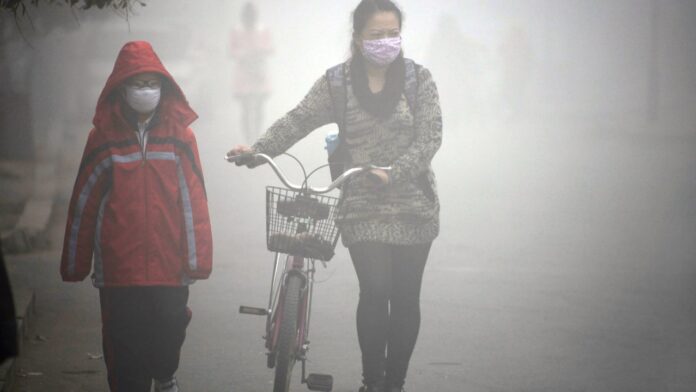Inhaling clean, fresh air is vital for maintaining good health and overall well-being. However, this is often far from reality in many parts of the world. For instance, in 2022, Indian cities occupied six of the top 10 spots for the most polluted cities globally. According to a report by the Air Quality Life Index, the high levels of pollution, including particles like smoke and dust, can reduce an average person’s lifespan in India by 5.3 years compared to if the air quality met the World Health Organization’s guidelines.
Areas with elevated concentrations of air pollutants also tend to experience higher instances of respiratory infections such as influenza (the flu). Poor air quality can exacerbate conditions like chronic obstructive pulmonary disease and increase susceptibility to viral infections like the flu. Symptoms such as shortness of breath, coughing, wheezing, and chest pain are commonly associated with exposure to pollutants from sources like vehicle emissions and burning of fuels like coal and oil.
The impact of environmental pollution extends globally. In the United States, for example, even a slight increase in the air quality index has been linked to over 4,000 additional hospitalizations for flu annually.
I’ve observed a significant rise in patients affected by smog and air pollution in urban areas, with many experiencing symptoms like breathlessness and coughing. Reported cases of influenza-like illnesses have also increased by approximately 30% over the last three months. Polluted air can exacerbate flu symptoms, underscoring the importance of taking preventive measures such as wearing masks outdoors, practicing good hygiene, and getting vaccinated against the flu annually.
Flu can affect individuals of all ages, particularly children under five, pregnant women, older adults, and those with underlying health conditions. Children are especially vulnerable to the adverse effects of pollutants and viral infections. Studies have shown a correlation between air pollution and an increased risk of respiratory infections, including the flu. Therefore, parents should prioritize immunization to protect their children.
Pregnant women are also at a higher risk of infections like the flu due to air pollution, which can disproportionately affect them. Reducing exposure to air pollution during pregnancy can lower the risk of infection and promote better health outcomes for both the mother and the unborn child.
To prevent the spread of the flu:
- Practice good hygiene, including frequent handwashing and wearing face masks when necessary.
- Adopt a healthy lifestyle to boost immunity and support lung health, such as regular exercise.
- During peak pollution periods, consider indoor exercises to minimize exposure, and always wear a mask outdoors.
- Seek medical attention promptly if experiencing symptoms like fever, cold, or cough.

 हिंदी
हिंदी






